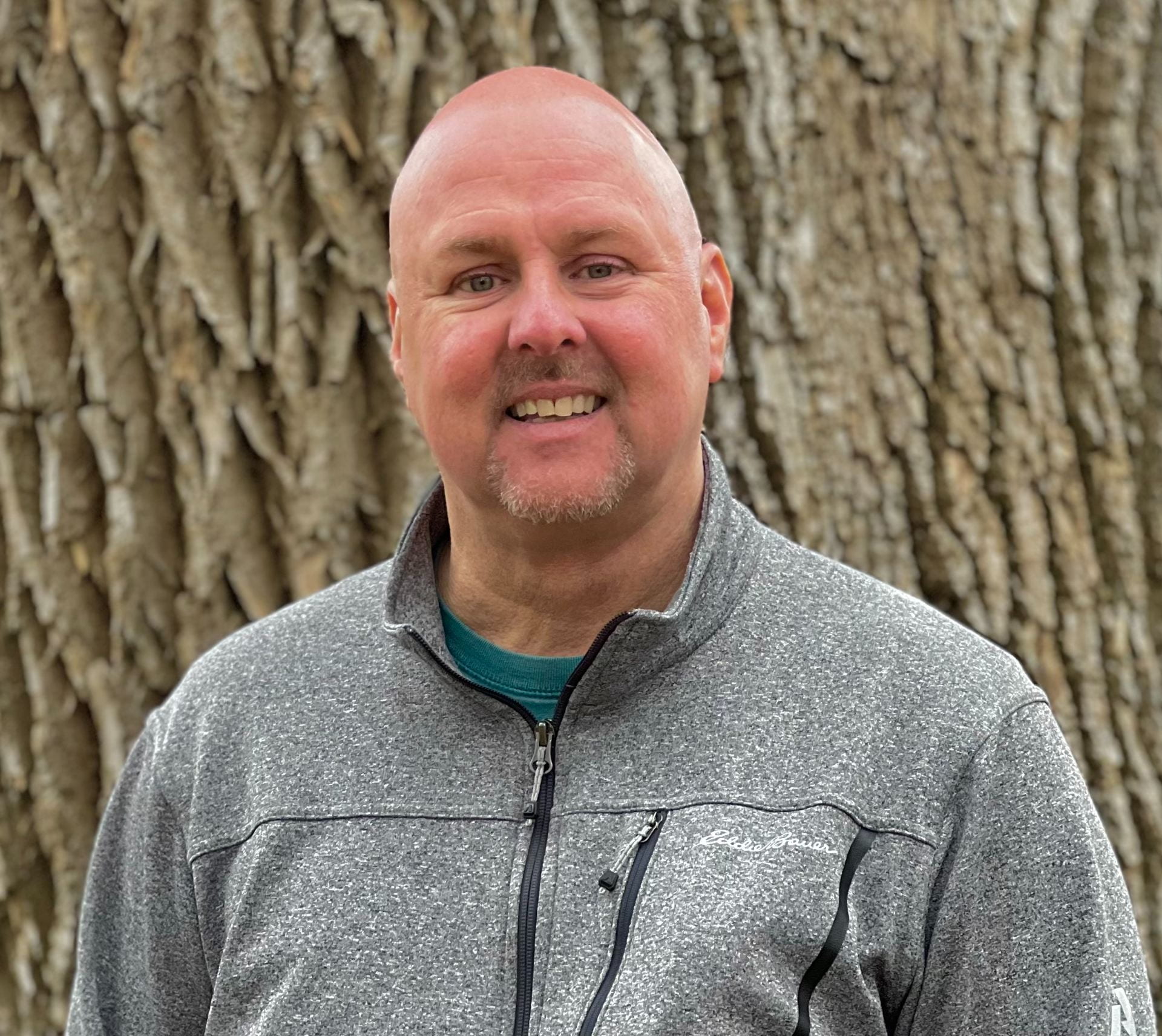Evidence of a Burnout

We hear frequently about losing teachers from the profession. I wrote recently about the high number of resignations in districts across the country and didn’t intend to write on the topic again. Then I saw this video and felt I had to write about it TODAY. If you haven’t seen it yet, you owe it to yourself to watch the YouTube video of Lee Allen, Gwinnett County Teacher of the Year for 2022 addressing his school board. Mr. Lee discussed his reasons for leaving the profession. Check it out and we will continue below:
This is a very powerful speech and it cuts to the heart of what so many educators are struggling with and finding extremely challenging. Let’s dig into the three issues Mr. Lee shines the spotlight on during this 3 minutes of the board meeting.
- Student apathy and accountability – he talked in this section about expectations for accountability on both parents and students. The return from pandemic learning has brought with it a high percentage of students who do not see the relevance in learning. Likewise, the ability to be disconnected from class in the virtual learning platform has pushed many students to a level of apathy. Regarding parents, he is correct. There is no accountability on parents, however this is nothing new. It is, however, amplified as many parents have viewed teachers as their regular child care, enabling them to work. There is a lot to unpack here, but he is spot on with this assessment.
- Cell phone use – again, not something new but an overwhelming challenge. I used to believe that teaching our students to use their devices responsibly was the answer. It is still true, we need to help students learn to utilize their devices for positive gain. However, simply looking at our instruction and saying ‘we need to be more engaging’ isn’t the answer. Many districts and schools have gone to a program where devices are locked up but still on their person. I was recently at a comedy show and cell phones were not permitted. We actually had to place them in a sealed container (which we kept with us) so they couldn’t be accessed. Honestly, it was nice. We had great conversation waiting for the show. I don’t claim to know the answer to this one, but the constant distraction coupled with the above mentioned apathy makes teaching and learning incredibly difficult.
- Disconnect between teachers and administrators – teachers do not feel valued, understood, or trusted as professionals. He describes many decisions as short term bandaids on gaping wounds. As a person who was a school and then a district leader, I really appreciate what he is saying. I was always able to draw on my classroom experience prior to the pandemic. To say I didn’t know what it was like was inaccurate. However, once the pandemic hit all bets were off. I told my leadership team frequently that I no longer knew what it was like to be in a classroom because I never taught in a pandemic. I also didn’t know what it was like to be a principal in a pandemic. I just don’t have that schema. I know what being a superintendent was like, but not being a teacher nor a school leader in these times. It is important for all leaders to remember that – things have changed dramatically.
- Let’s look at the suggestions he has for solutions:
- All school leaders serving a full week in a high needs classroom: he states that if administrators want to help then they have to understand the issues. He is correct, you cannot grasp the issues in a 15 minute observation. While I don’t disagree with his suggestion, I do think it will be a logistical challenge for any district to accomplish. This will test the commitment of the board and executive staff.
- Smaller class sizes need to be a priority. Can I get an AMEN!?!? Unfortunately, with many teachers like him leaving the profession it will be extremely difficult to find the personnel to make this happen. But he is 100% correct – and this ties back to student apathy, you cannot build relationships to the level necessary for success in massive classrooms – it needs to be on a smaller, more personal level.
- A circular model of support, free from intimidation and inclusive of true transparency. This is fantastic and what we should all be striving to achieve.
You may or may not agree with Mr. Lee but one thing remains clear…our system is fracturing and crumbling. We must come together to fix this and to move forward in a way that is, as he said, what is best for kids. I applaud him for speaking up and using his platform. Finally, I will say this: Mr. Lee is clearly burned out. Burned out because that which set him on fire, his passion for education, has completely drained him, consumed him. I hope he can find his way back to the profession, we need people like him with our kids and helping to solve education’s challenges for the future. He is not alone here – so many educators have reached burnout levels. Below is a #PepTalk video I shared a little over a year ago…when I reached my burnout.
As you head into your summer, remember these words…you cannot be burned out if you’ve never been on fire. Educators, you have BEEN on fire…it is time to fine what it is that set you ablaze originally, to stoke the flames once again. And for some, it might be time to find something else that sets you on fire all over again.
Be well my friends…
Darrin
#RoadToAwesome

Be First to Comment